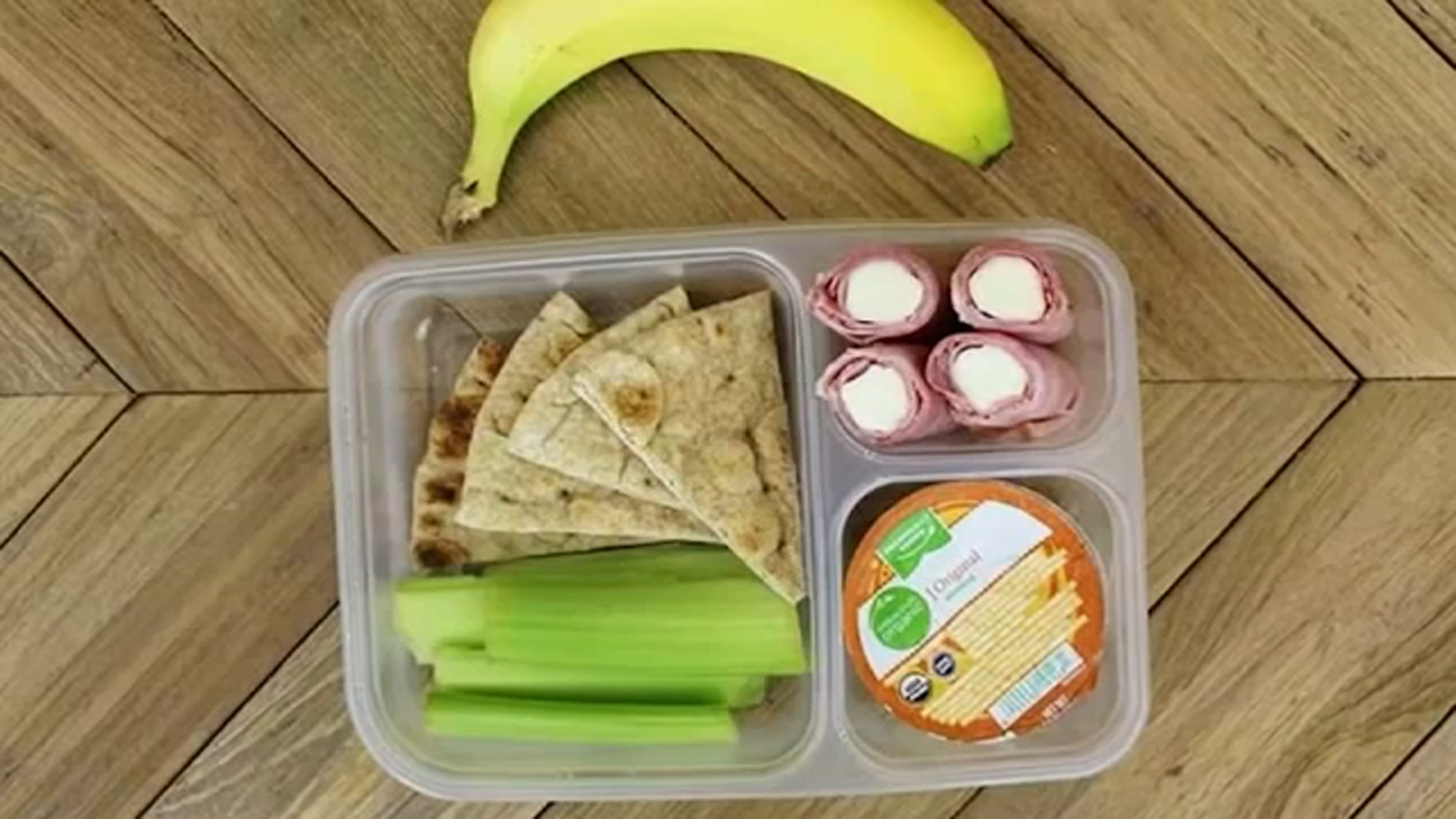Time: 2024-08-12
Back - to - school season brings about changes in routines , especially when it comes to meal times . As children transition from summer lunches at home to cafeteria lines and lunchboxes , it 's essential to focus on providing nutritious meals . Joanne Slavin , Ph.D. , R.D. , a professor in the Department of Food Science and Nutrition , emphasizes the importance of healthy eating habits for students . Good nutrition is crucial for academic success , physical activity , and overall well - being . Children should consume high - quality protein , whole grains , legumes , vegetables , and fruits to ensure they are getting essential nutrients like dietary fiber and potassium . Meals and snacks can be customized to accommodate special dietary needs , allergies , or cultural preferences.

When it comes to packed lunches and school snacks , there are numerous options available that promote nutrition . Parents should focus on including whole grains , fruits , vegetables , and proteins in their children 's meals . For example , a healthy lunch could consist of a peanut butter sandwich , whole grain chips , a fruit or vegetable snack , and a dairy beverage rich in Vitamin D and calcium . By following the recommendations on myplate.gov , students and parents can set themselves up for success in making smart food choices . Additionally , school lunches that adhere to dietary guidelines can expose children to a variety of foods and help them develop a more diverse palate.
Pediatric Registered Dietician Kristen Coleman emphasizes the importance of starting the day with a balanced breakfast that includes protein , fresh fruit , and whole grains . Protein - rich options like cheese , yogurt , deli meats , and eggs can help children stay focused and energized throughout the morning . Drinking water is essential , and children should aim to consume eight ounces of water per their age daily . For lunch , Coleman recommends incorporating a variety of foods like sandwiches , salads , or soup , with a focus on protein . Snacks should be nutritious , such as carrots and hummus or vegetables with a dip . Coleman encourages parents to lead by example by practicing healthy eating habits themselves to influence their children 's food choices positively.
Coleman advises against certain unhealthy snacks like hot chips and soda , emphasizing the importance of balanced nutrition . While it 's okay to indulge occasionally , maintaining a balanced diet is key . By introducing children to a variety of foods and being patient with their preferences , parents can help them develop healthy eating habits . It may take several exposures to a new food before a child is willing to try it , so persistence is crucial . Ultimately , encouraging a balanced diet and modeling good eating habits can set children up for a lifetime of healthy choices.